Being alone and being lonely is the difference between isolation being a blessing or a curse. Being alone does not necessarily have to mean being lonely. It gives us time to connect with ourselves. Solitude is simply a space for us to regulate our emotions and energy. It does not have to be good or bad. Most people crave solitude occasionally at some point in life. Being alone can be relaxing, meditative, and rejuvenating. Being comfortable to be by yourself can be very useful for our personal development.
Social isolation typically refers to solitude, that is unwanted and unhealthy. If we are alone for a prolonged period of time, it can be difficult to be without any outside contact. Especially during the pandemic, the restrictions we have to follow for the sake of public health involve quarantining in isolation. This has lead to an increase in mental health issues and posed a greater challenge for pre-existing mental health conditions amongst people. Isolation restrictions can make one feel angry, resentful, frustrated and anxious. For many, social distancing can make one feel claustrophobic and develop cabin fear when confined for a long period of time.
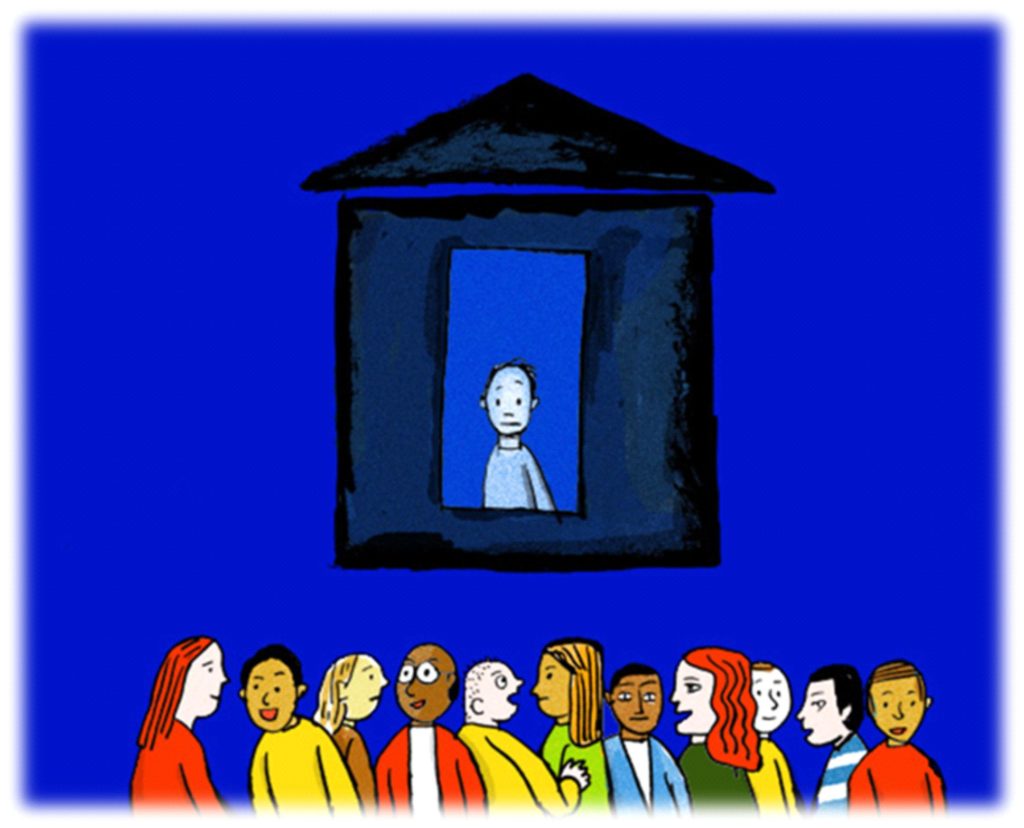
Signs of Unhealthy Isolation-
⦁ Avoiding social interactions, including those that were once enjoyable
⦁ Cancelling plans
⦁ Experiencing anxiety or panic when thinking about social interactions
⦁ Feeling distressed during periods of solitude
⦁ Feeling dread associated with social activities
⦁ Poor sleep quality
⦁ Cognitive decline (dullness)
⦁ Altered memory (forgetfulness)
⦁ Poor self-care or self-neglect
Some of the causes other than the pandemic can also make one go deeper into isolation.
Mental health issues have been on the rise as social isolation can lead to anxiety, depression, and low self-esteem.
Remote location- Individuals who live in remote areas or who are geographically separated from family and friends can experience feelings of isolation.
Overexposure to social media and lack of peer support can pose serious mental health challenges. Social media has been helpful in keeping us connected to one another and keep ourselves informed about important aspects of our health and safety. However, if neglecting other activities and social relationships and spending too much time on our phones or computers can further isolate us from our loved ones. This leads to increased mental health issues, so we must find ways to switch off from social media and spend time with family and friends.
Post-Lockdown Anxiety- Some people affected by COVID-19 lockdown measures find they are afraid to leave home or their comfort zones. Anxiety or dread as a response to returning to work, school, or other outside activities can stem from a fear of infection. Fears can also be triggered by the change itself. Even though one may not have had social anxiety before, adjusting to “new normal” in all aspects of one’s life can cause a lot of disturbances.
Social Isolation has impacted every section of society, of various age groups, professions and socio-economic strata. It has been particularly challenging for certain sections, making them more vulnerable to the difficulties posed by social isolation. These vulnerable sections of our society are children, the elderly and health care and frontline workers.
Effect of Social Isolation on Children
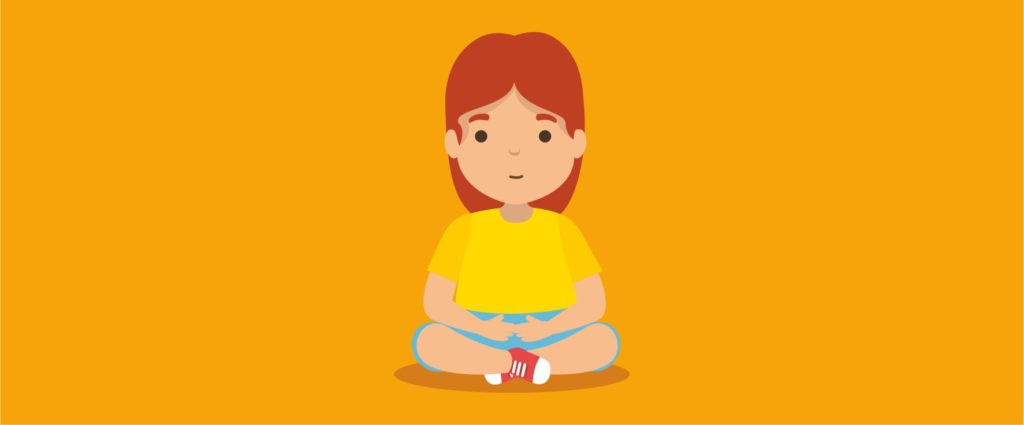
Psycho-social learning, an important aspect of a child’s education, has, unfortunately, been a major void in the absence of in-person school. These challenges are steeper among children from vulnerable social groups and low-income families, especially those with difficult domestic and parental situations.
Some observable changes that are noticeable amongst children are-
⦁ Changes in eating habits
⦁ Excessive crying and annoying behaviour
⦁ Increased sadness, depression, or worry
⦁ Difficulties with concentration and attention
⦁ Avoiding activities that they enjoyed in the past
⦁ Unexpected headaches and pain throughout their bodies
How Parents Can Support Children-
Communicate- parents are required to remain calm and address the child’s queries. Parents can take some time to talk to their children about the COVID‐19 outbreak and share some positive facts, figures, and information. Parents can help to reassure them that they are safe at home and encourage them to engage in some healthy activities including indoor sports and some physical and mental exercises. Parents can also develop a home schedule and time management. Parents should not allow their own stress or anxiety to be transferred to their children.
How Isolation impacts the Elderly- Physical isolation at home among family members can put the elderly and disabled person at serious mental health risk. It can cause anxiety, distress, frustration and anger. Elderly people depend on young ones for their daily needs, and self‐isolation can critically damage a family system.
Changes to the behaviour of older relatives;
⦁ Irritating and shouting behaviour
⦁ Change in their sleeping and eating habits
⦁ Emotional outbursts
⦁ Loss of interest in activities
⦁ Denial or paranoia (fear of impending death)
Health workers at risk- Doctors, nurses, and paramedics working as a front‐line force to fight the COVID‐19 outbreak may be more susceptible to develop mental health symptoms due to isolation.
Causes for isolation-
⦁ Fear of catching a disease,
⦁ Long working hours,
⦁ Death of their colleagues after exposure to COVID‐19,
⦁ Social distancing and isolation from their family and friends
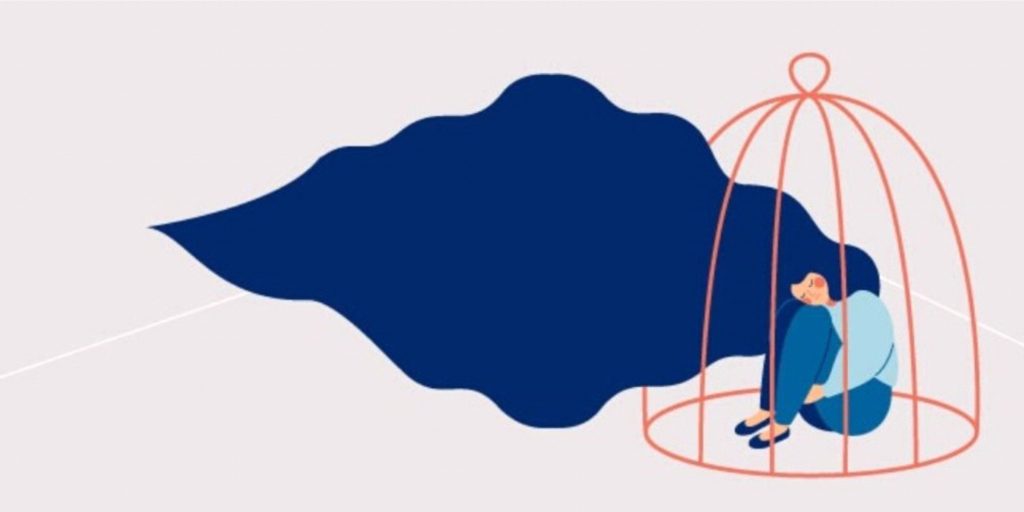
Offering Support to Combat effects of Isolation-
⦁ By organizing our activities every single day, we can become more resistant to the onset of feelings of loneliness.
⦁ Spend more time with your family.
⦁ Maintain social connections with technology- We can help older family members and friends to overcome such technology barriers. Online video chat is easier to use and sufficiently conveys nonverbal cues so that people can feel more engaged.
⦁ Maintain physical and mental activities. -yoga, exercise, sudoku, logic puzzles and games. Express yourself through art, dance, comedy and theatre.
⦁ Do something meaningful- try adding new activities and hobbies. It will help you feel more meaningful if you are suffering from a lack of purpose.
Individuals suffering from the effects of social isolation should be mindful of their symptoms and seek help from experts if they persist or become severe. Therapists help by exploring underlying issues related to isolation.
We, at the Society of Complementary Therapies, offer a range of therapeutic support through clinical hypnotherapy, art therapy, bio-guided music therapy to combat any challenges with mental health.


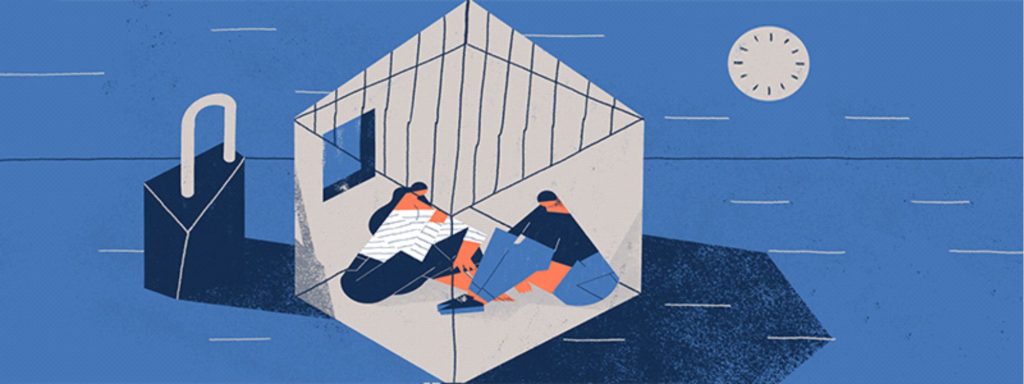
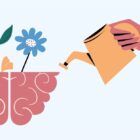
Recent Comments